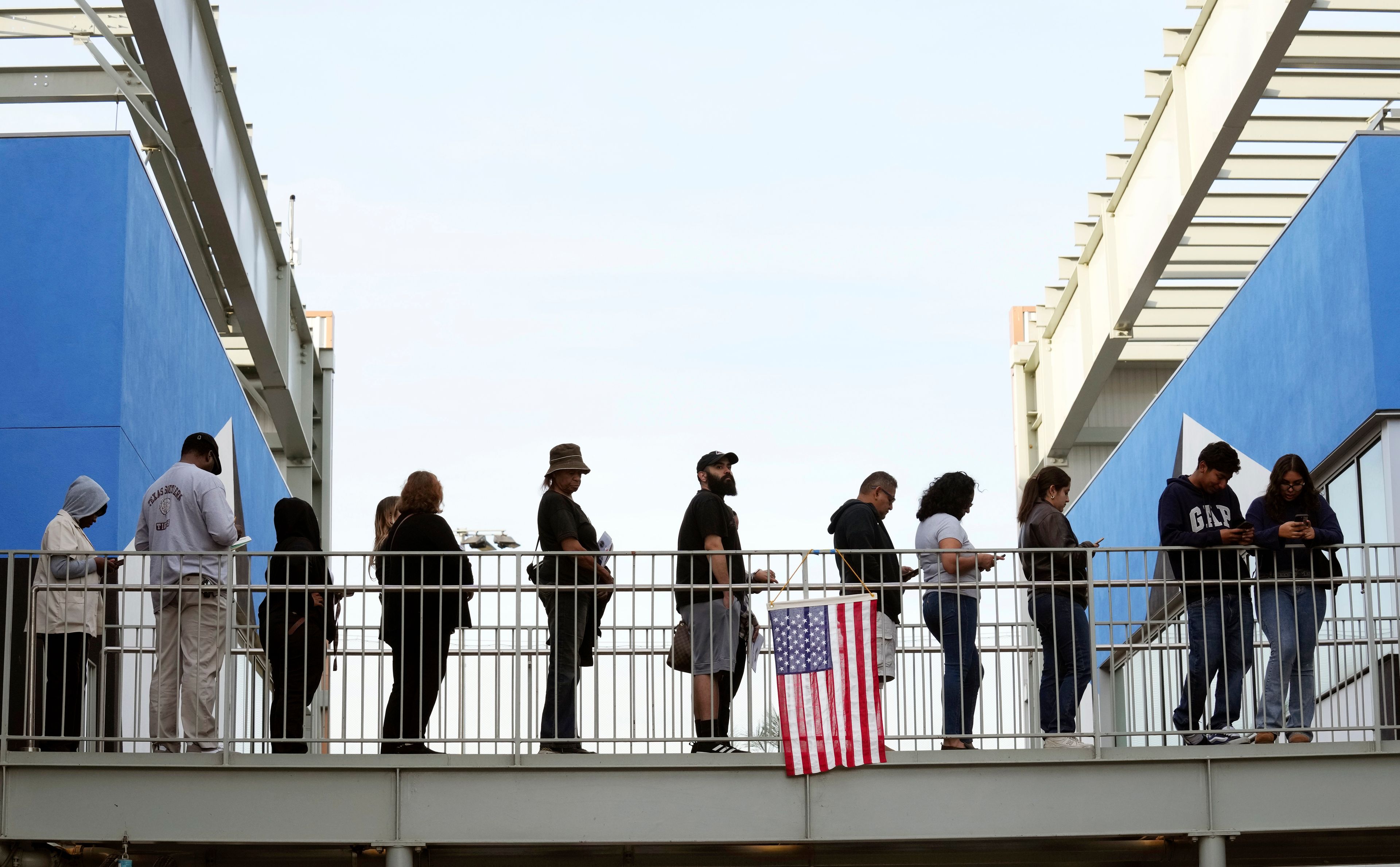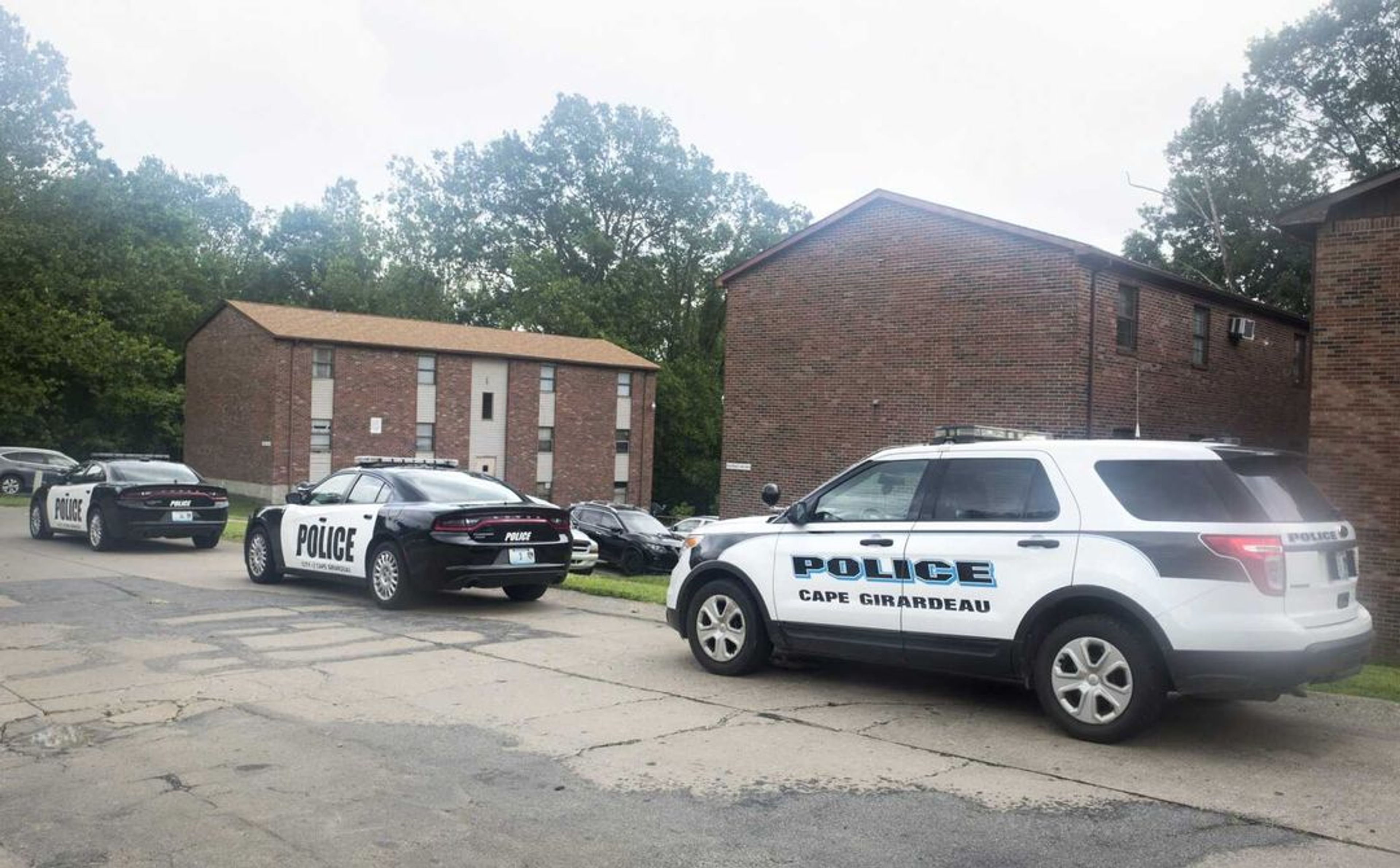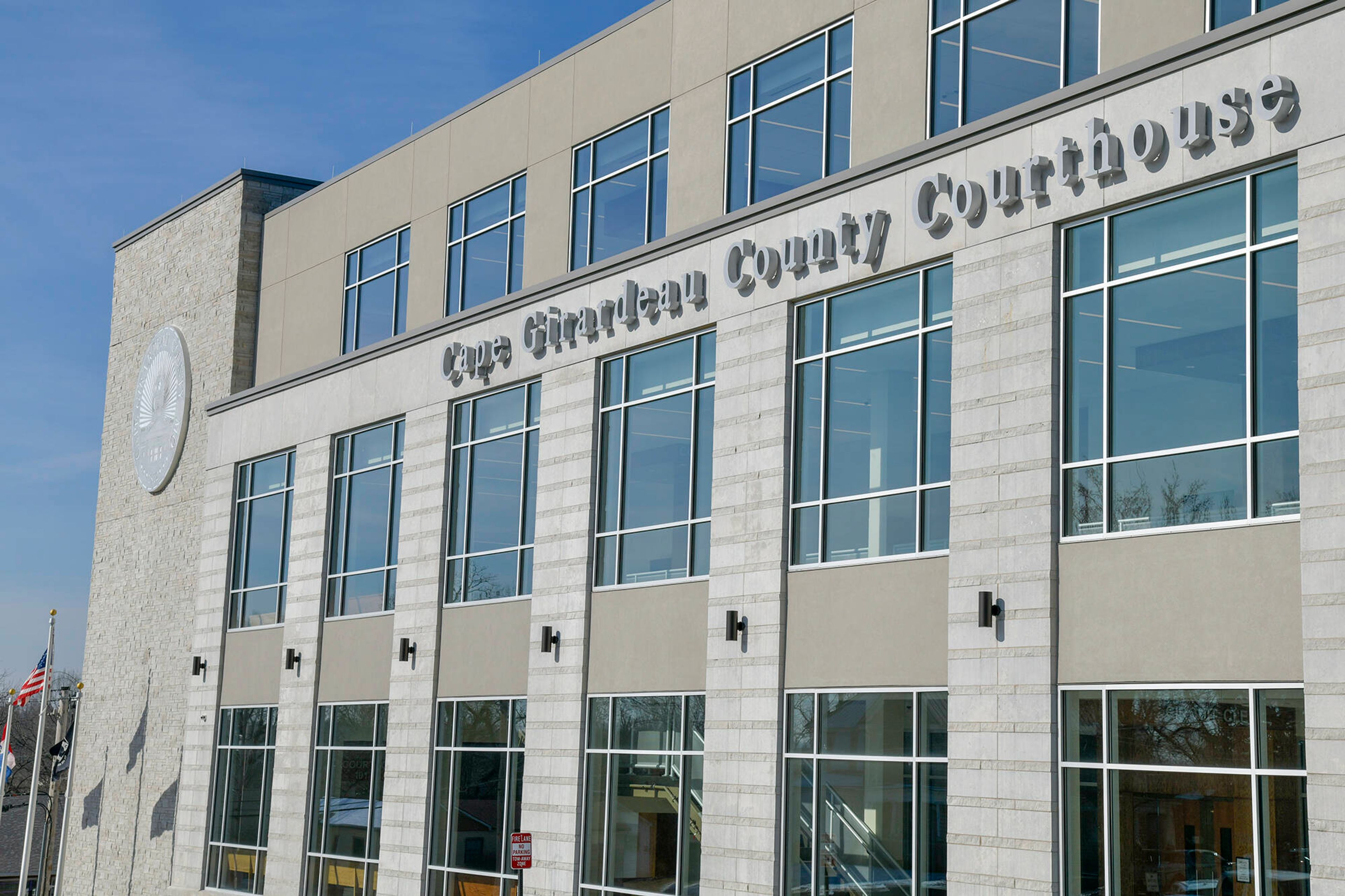SoutheastHEALTH works to emerge from financial woes
Continued operating losses have prompted cuts to employee benefits and another bond rating downgrade at SoutheastHEALTH. But leaders say the right recovery plan, already under way, will create long-term financial stability and a stronger organization...
Continued operating losses have prompted cuts to employee benefits and another bond rating downgrade at SoutheastHEALTH. But leaders say the right recovery plan, already under way, will create long-term financial stability and a stronger organization.
Earlier this month, the health system's revenue bond rating from the agency Fitch Ratings fell again after a downgrade in September from BBB+ to BBB-. With the latest downgrade, the organization's rating stands at B. The agency assigns bond ratings as a measure of overall financial health.
Money problems for SoutheastHEALTH became apparent last year. A rating downgrade was in part triggered by billing and revenue cycle issues in 2013 that corresponded with the introduction of a new electronic medical records system.
John Thompson, chairman of the SoutheastHEALTH system board of directors, said a "perfect storm" of factors in 2014 led to the newest downgrade, which the board considers "not a surprise at this point."
The drivers for the newest rating, according to Fitch Ratings, were deteriorating financial performance and debt service coverage violation. The agency cited its concern with the organization's operating performance through the end of fiscal year 2014, reporting SoutheastHEALTH "had a negative $62.5 million operating income, which was below prior year results and well below a budget of positive $14 million in operating income."

The organization must obtain a waiver from the bank because the debt service violation triggers a default.
John Skeans, chief financial officer at SoutheastHEALTH, said the waiver is expected to be granted.
"The bank understands where we're at," he said, adding he has been communicating frequently with bank officers. "They get it and are OK with it."
Under the guidance of a new chief executive officer, Kenneth Bateman, SoutheastHEALTH is attempting to wade out of its difficulties, but the problems the organization faces won't be solved in the short term.
Bateman, who came to SoutheastHEALTH in December after the retirement of Wayne Smith, estimates the health system probably won't be profitable in 2015, either. But he said it "will be cash flow positive and will comply with bond covenants."
No sale anticipated
Bateman said he feels a key to improving the organization's outlook will be to forge partnerships with larger health-care systems, but not sell SoutheastHEALTH.
Rumors of a sale continue to circulate throughout the community despite efforts to dispel them.
"I believe the future of health care is in collaboration," he said. "We need to start pursuing relationships with larger organizations. Doing that, you will grow faster, do better."
Bateman said he is trying to field which organizations could work best with SoutheastHEALTH.
"Our intention is to remain independent, but find partners," he said.
Executives said they are confident through several measures -- including finishing a money-saving, efficiency-increasing initiative -- financial recovery will be achieved. The initiative, known as APEX, began in the fall, with employee work teams assembled to assess areas throughout the organization to look for efficiencies that will put SoutheastHEALTH back on the path to good financial standing.
Town halls, not layoffs
Thompson admitted not long after the initiative began some pain was being felt at the hospital, and Bateman said low employee morale has been an issue to deal with since he began his tenure, partly because of a reduction in benefits for some.
On Jan. 1, SoutheastHEALTH cut a weekend work option offering premium pay, also called the "Weekend Pay Program," to save the organization about $1.8 million annually. The cut, Bateman said, helped save between 50 and 60 jobs.
"It might not have been a popular decision, but I think it's an understandable decision," he said, adding the hospital wants to preserve its workforce.
Through town-hall style meetings with employees, Bateman said he has attempted to improve relationships between management and employees and help all understand the decisions being made as part of the initiative. Most labor-related changes have concentrated on controlling costs through attrition and staffing to demand, and executives said aggressive hiring continues in some areas of the organization.
Bateman said he has no intention of ordering layoffs, despite the organization's financial challenges.
Executives also said they believe they are making headway on efficiency in the nonlabor part of the initiative. That includes purchased and contracted services for the organization.
Saving on technology
Implementing and using still-new technology systems at SoutheastHEALTH is another area Bateman has identified to curb costs.
Bateman said he is working through a possible switch to another clinical system, Millennium, a product of the Kansas City-based Cerner Corp. Bateman said the switch will give SoutheastHEALTH better technical functionality at a lower cost.
Cerner recently acquired Siemens Health Services, which provided the technology system SoutheastHEALTH uses, called Soarian. That acquisition, executives said, should allow for a better deal on technology system products that fit the needs of SoutheastHEALTH.
The hiring of a new chief information officer, Mike Nichols, also is expected to help guide the organization's information technology strategy to success.
The current system costs nearly $15 million per year -- much higher than Bateman's experience tells him is necessary at a hospital system of SoutheastHEALTH's size. The annual cost for such a system should be $8 million to $10 million.
Skeans also said much work has been put into SoutheastHEALTH's revenue cycle, and Bateman said the organization is making strides toward its goal of lowering operating costs and, overall, trying "to keep the problems of the past in the past."
eragan@semissourian.com
388-3632
Pertinent address:
1701 Lacey St., Cape Girardeau, MO
Connect with the Southeast Missourian Newsroom:
For corrections to this story or other insights for the editor, click here. To submit a letter to the editor, click here. To learn about the Southeast Missourian’s AI Policy, click here.










